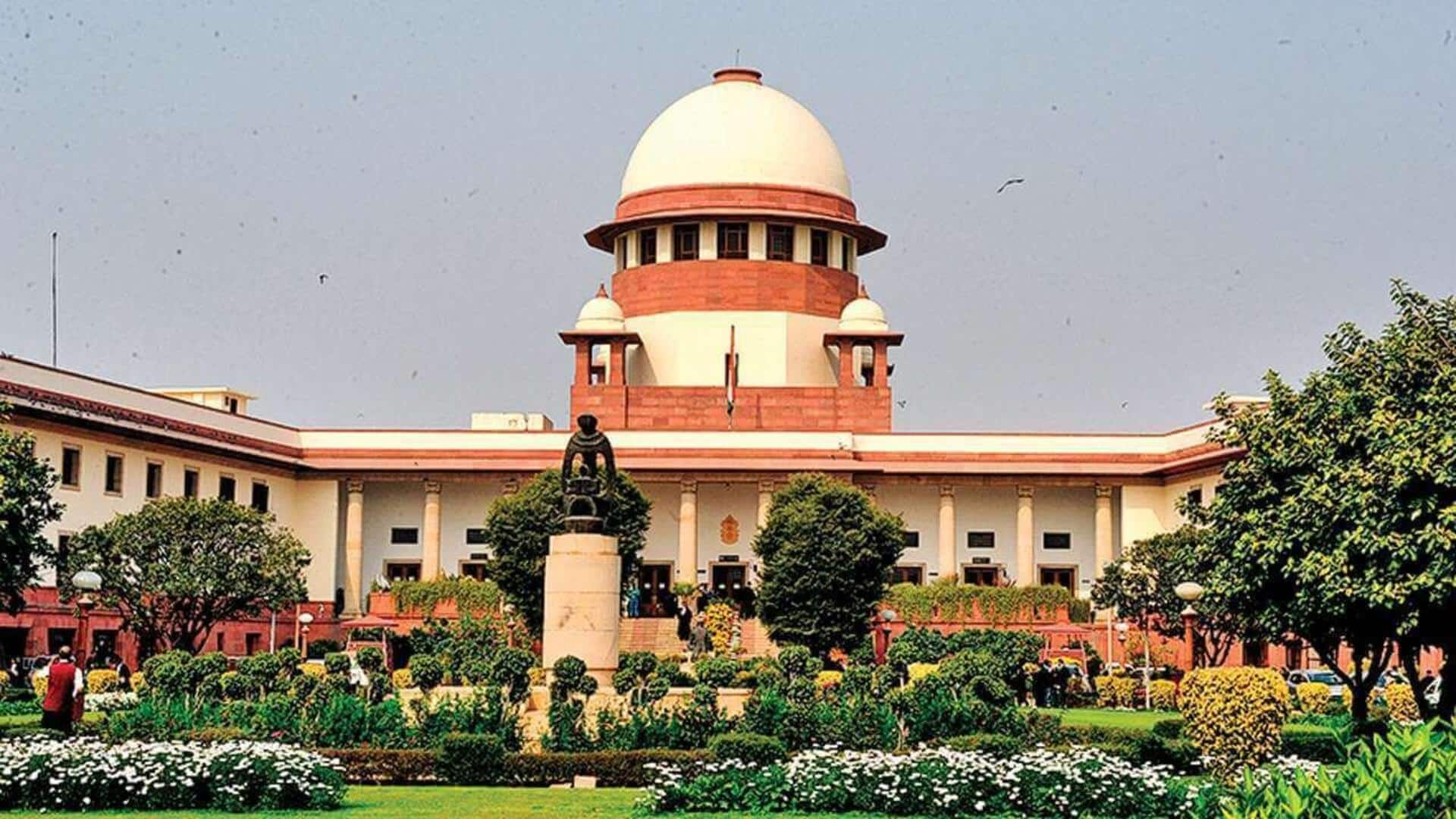
SC seeks Centre, NCERT's response on transgender-inclusive sexuality education
What's the story
The Supreme Court has sought responses from the Centre, National Council of Educational Research and Training (NCERT), and several states on a petition demanding the inclusion of transgender-inclusive comprehensive sexuality education (CSE) in school curricula. The petition was filed by 16-year-old Delhi student Kaavya Mukherjee Saha. Senior advocate Gopal Sankaranarayanan appeared for Saha, arguing that despite a 2024 Supreme Court direction to include CSE in school education, NCERT admitted it had "no information" about implementing such material in its curriculum.
Content gaps
Systemic omissions on these topics
The petition argues that NCERT and most state councils have not included structured content on gender identity and diversity, violating the Transgender Persons (Protection of Rights) Act, 2019. It said textbook reviews across states such as Maharashtra, Andhra Pradesh, Telangana, Punjab, Tamil Nadu and Karnataka showed systemic omissions on these topics. Kerala is cited as a partial exception in this regard.
Global framework
Framework was endorsed by Supreme Court in 2014 judgment
The petition also refers to the International Technical Guidance on Sexuality Education (ITGSE), a global framework for CSE published by UNESCO and WHO. This framework was endorsed by the Supreme Court in its 2024 judgment. The petition argued that exclusion and misinformation perpetuate stigma and discrimination, violating constitutional guarantees of dignity and equality.
Court directive
Builds on earlier SC judgment emphasizing CSE importance
In its 2024 judgment, the SC emphasized the importance of CSE in combating child marriage. Calling CSE "a vital tool in the long-term eradication of child marriage," the court had then directed that such education be aligned with WHO frameworks and global experts. It stressed that sexuality education should cover legal aspects of child marriage, gender equality, and physical/mental consequences of early marriage.
Preventive strategy
Mentorship programs for young girls to build skills, community participation
Schools in areas with high child marriage rates were mandated to include sections on legal protections and health risks in textbooks. Posters summarizing this information were required in schools and public spaces. The court also called for mentorship programs for young girls to build skills and community participation. Reporting obligations were also created for teachers to notify authorities if a girl student drops out suddenly, enabling timely intervention against potential child marriages.